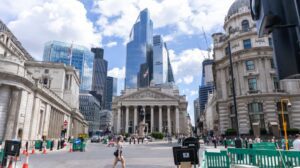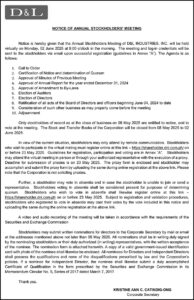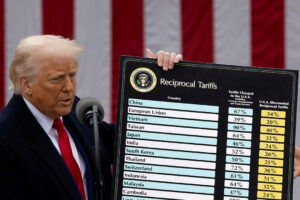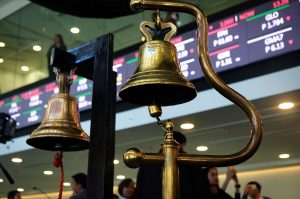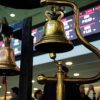FINANCIAL MARKETS in the ASEAN+3 economies posted mild reactions to the US tariffs announced in early April, ASEAN+3 Macroeconomic Research Office (AMRO) said.
The subsequent 90-day pause on most tariffs, however, have kept markets volatile, and investor confidence remains fragile, AMRO said in a report on Tuesday.
“The initial market shocks in ASEAN+3 economies were milder compared to the US, where the S&P 500 fell by 12.1%,” AMRO said.
The S&P 500 declined by more than 10% and shed $6 trillion in market value, the largest two-day loss in US stock market history.
US President Donald J. Trump on April 9 paused the reciprocal tariff scheme for 90 days, but maintained a baseline 10% tariff on almost all US imports.
The Philippines was assigned a 17% reciprocal tariff, the second lowest in Southeast Asia.
AMRO noted that US Treasury bond yields surged while regional yields declined. The dollar initially depreciated by 1.3%, contributing to an appreciation in all regional currencies.
The peso closed at a near six-month high of P57.095 to the dollar, against the March 27 finish of P57.215.
This was its best close since the P57.02 posted on Oct. 9, 2024.
AMRO said the 90-day pause resulted in a recovery in regional stocks, while equities in the US remained subdued.
Most regional economies have experienced substantial portfolio outflows, as US investors pulled back from funds investing in emerging markets.
“Overall, the developments around the tariffs in early April created significant uncertainty around US policies and economic stability, contributing to weaker equity markets, heightened volatility, weaker US dollar and a sharp rise in US Treasury yields,” AMRO said.
It said that ASEAN+3 economies vary by the drivers of market stress.
For China, bond market volatility was the primary impact, whereas Thailand experienced heightened foreign exchange volatility.
“Only the Philippines showed minimal change. Thus far, the spike has been primarily driven by increased market volatility,” AMRO said.
AMRO warned of potential pockets of vulnerability as seen in surges in sovereign credit default swaps, equity price movements, financial market stress, and probability of default.
JP Morgan estimates a 60% probability of the world economy going into recession by year’s end, up from 40% in March.
“As unpredictability of trade policies remains, policymakers need to stand ready to implement measures to help stabilize the financial markets, enhance market confidence and support growth,” AMRO said. — Aubrey Rose A. Inosante


